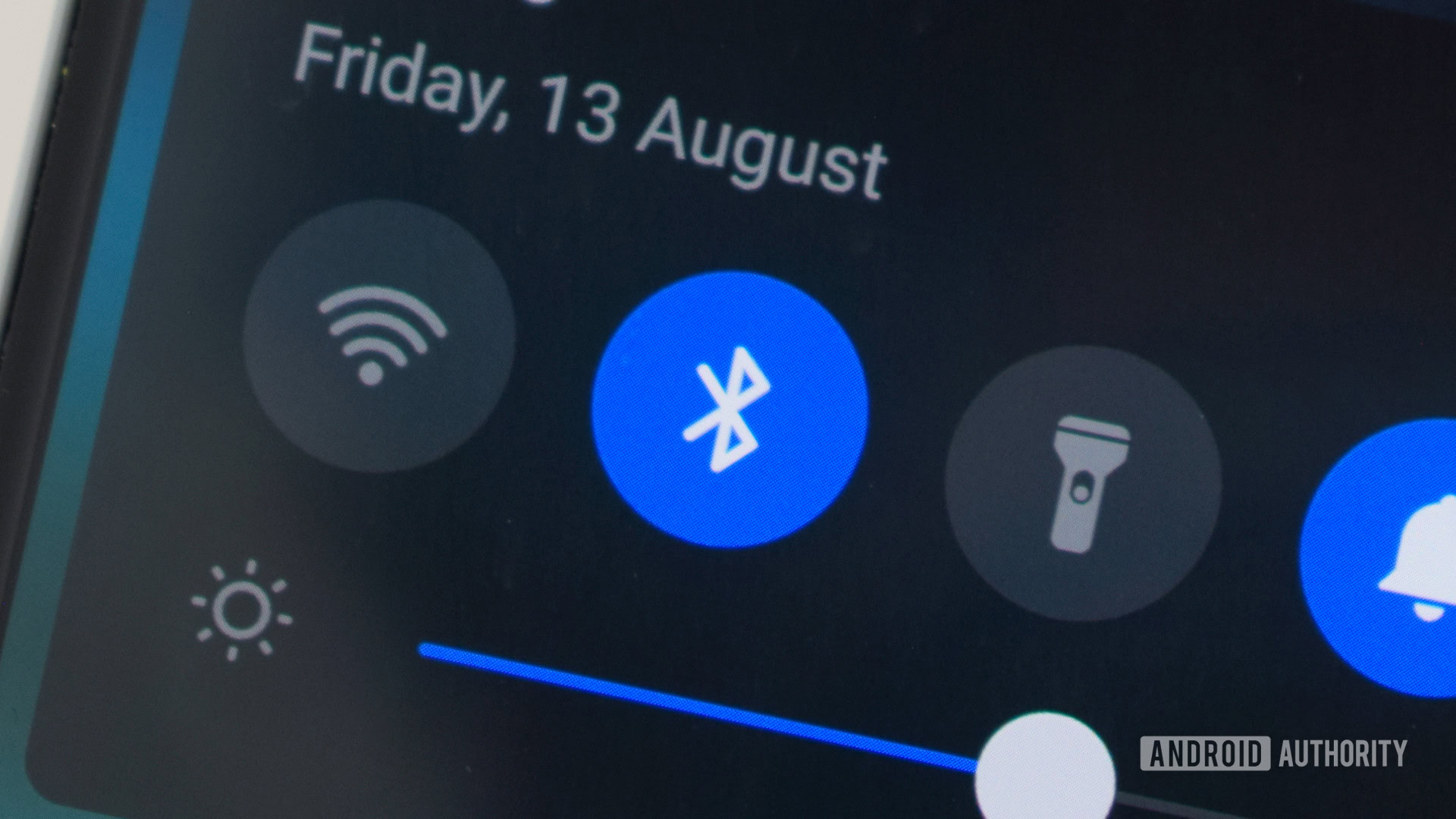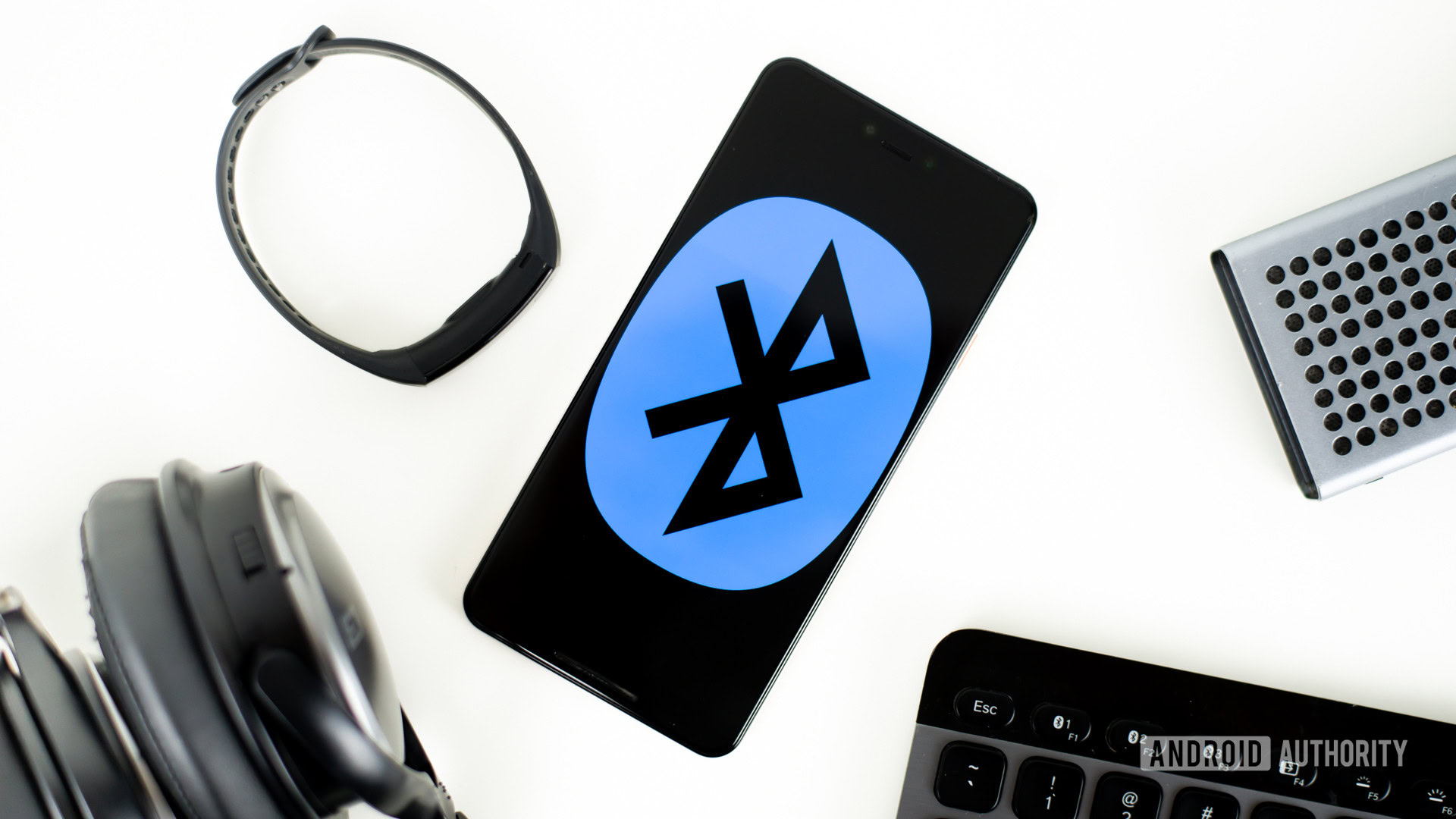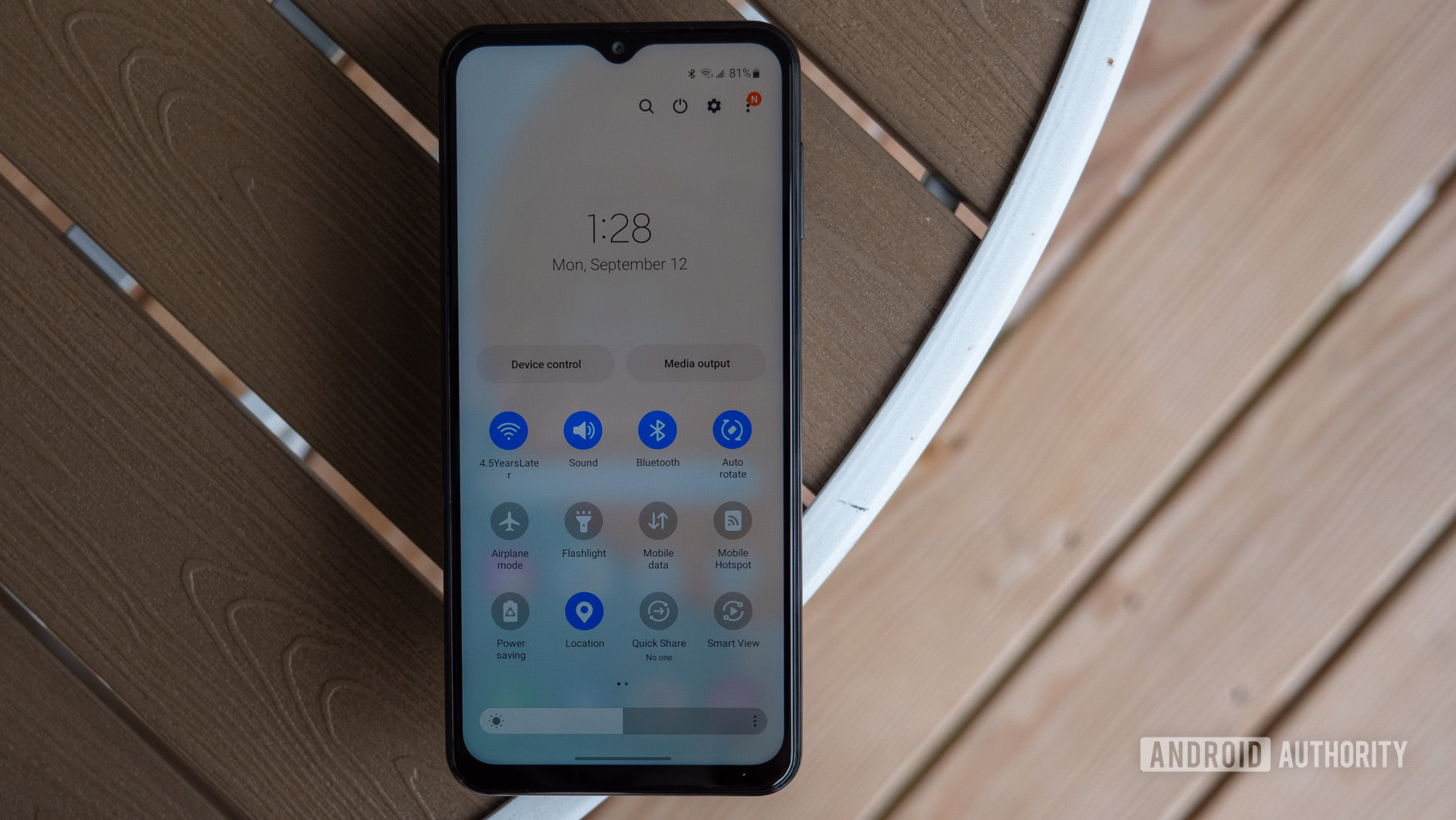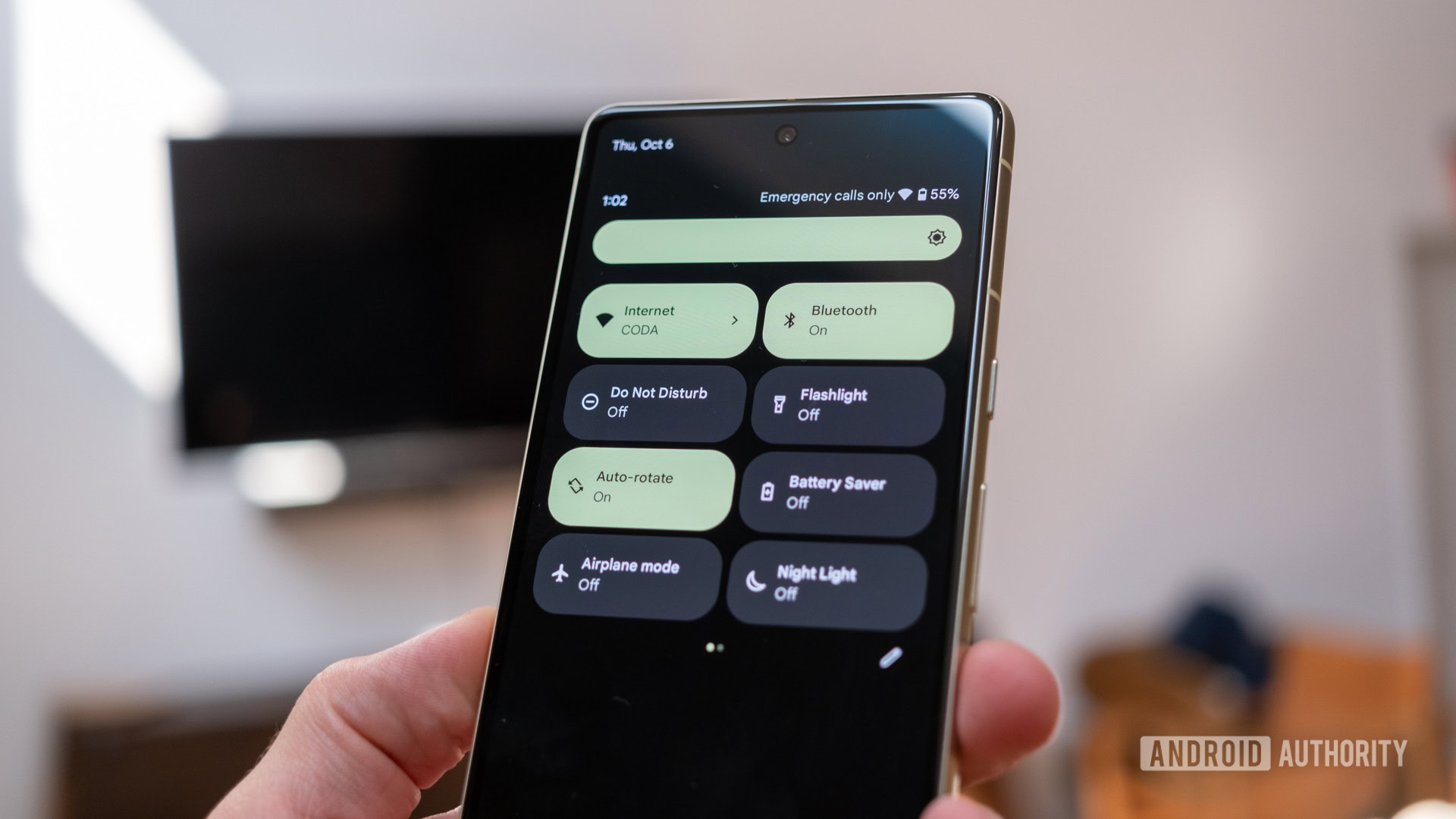Affiliate links on Android Authority may earn us a commission. Learn more.
Can Bluetooth be hacked?
Published onMay 18, 2023
Bluetooth is an extremely popular connectivity technology that has been around for a long time. The helpful tech is available on almost every smartphone, tablet, and laptop. It is a convenient way to transfer files and connect and use a slew of peripherals and accessories like external speakers, smartwatches, fitness trackers, wireless headphones, gaming controllers, and even your car. But can Bluetooth be hacked? Here’s what you need to know.
QUICK ANSWER
Yes, Bluetooth can be hacked. Hackers rely on proximity to establish a remote connection on your device to install malware and other malicious software to gain access to your personal information. Hackers use a few different types of Bluetooth-hacking methods, but there are ways you can protect yourself.
JUMP TO KEY SECTIONS
Can Bluetooth be hacked?

The short answer: Yes, Bluetooth can be hacked. Even though Bluetooth connections occur over short distances, they are still vulnerable, like any unsecured wireless network. Hackers can use Bluetooth to perform malicious attacks on Bluetooth-enabled devices to steal personal information, install malware, and more.
In recent years, cybercriminals have figured out ways to hack a device’s Bluetooth connection and take control of the phone or laptop in less than a minute. The short range of Bluetooth connections means that hackers have to get close to your device. Crowded public places, like the subway, coffee shops, and others where someone can be nearby for a long enough duration, are hotspots for such activity.
Types of Bluetooth hacks

There are a few types of Bluetooth hacks, from annoying to extremely dangerous. Bluejacking is a method hackers use to connect to a smartphone, tablet, or laptop with Bluetooth enabled and send spam messages with attached pictures, files, and links. You can avoid these messages by being aware of and denying pairing requests that might randomly appear on your phone is easy. Bluejacking is generally harmless unless you open the sent file or link. This will allow hackers to install malware on your device and gain access to it and any personal information stored on it.
Bluesnarfing is similar to Bluejacking but with more malicious intent. Hackers can use the established Bluetooth connection to collect personal info from your device. This includes anything from chat messages, photos, and documents, to device and app login credentials. They might then use any potentially harmful information to extort money from you.
Bluebugging is the most dangerous type of Bluetooth hacking that skilled hackers can use. It’s called Bluebugging because of its similarity to spycraft-like phone bugging. This method establishes a secret connection to your device and sets up backdoor access. With this access, hackers gain complete access to your device. They can use it to acquire personal information, access apps on the device, and monitor your usage and any activity. Hackers can also use this method to listen to your calls, set up call forwarding, and see and even reply to text messages. And more often than not, all of this is done without the device owner’s awareness.
How to protect your smartphone from Bluetooth hacking

Be aware of random pairing requests
It’s difficult to know if your device has been hacked using Bluetooth because hackers design attacks to make them unrecognizable. A tell-tale sign of Bluetooth hacking is if you are suddenly inundated with spam messages, which likely include malicious files and links. You should also be aware of random Bluetooth pairing requests.
Check the PIN before establishing a Bluetooth connection
When you set up a Bluetooth connection, the device shows a four or six-digit PIN to confirm device pairing. Before establishing the connection, don’t forget to check and ensure that the PIN is the same on both devices.
Make your device undiscoverable
Ideally, you should disable Bluetooth when out and about, especially in crowded public places where your device is most vulnerable to wireless attacks. Use the Quick Settings menu on your Android smartphone to toggle off the feature when you aren’t using it. Unfortunately, you may not be able to disable Bluetooth if you use some accessories. Many people keep Bluetooth activated on their smartphones to allow easy pairing and continuous connection with wireless headphones, smartwatches, fitness trackers, and other devices.
However, you can avoid new and unwanted Bluetooth connections by making your device “undiscoverable.” On your Android smartphone, go to Settings > Bluetooth, tap on the three vertical dots icon at the top right corner, and open Advanced settings. Toggle off the Visible to other devices setting. The steps might be a little different, depending on your phone. But the idea is to disable device discoverability or visibility.
Don’t share files in public spaces

If you use Bluetooth to share files, documents, and links, it’s best to avoid sharing personal information using a Bluetooth connection. Don’t share files while in a public space. It’s also better to pair new devices at home or in a private place, not when out and about.
Install security patches
Your Bluetooth device might be susceptible to hacks if you don’t install the latest security patches. Ensure you download and install security patches on your phone as soon as possible. OEMs use security updates to fix bugs or critical security flaws that may make your device vulnerable to Bluetooth hacking attacks.
Monitor your device and accounts for unknown apps and activity
And finally, don’t forget to regularly monitor your banking activity, app and device logins, and check your phone for apps and processes you don’t recognize. You might also want to install an anti-virus and anti-malware app on your phone that can find malicious software.
You now know how to tell if you’re Bluetooth might be hacked, but are you having other problems? Check out our Bluetooth connection problems guide.